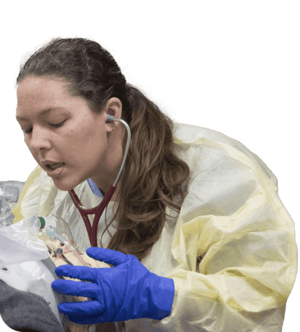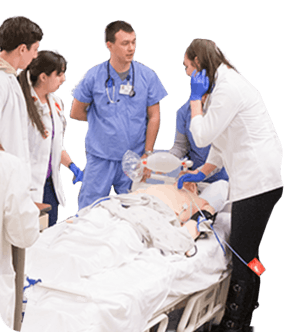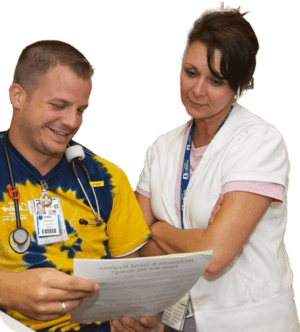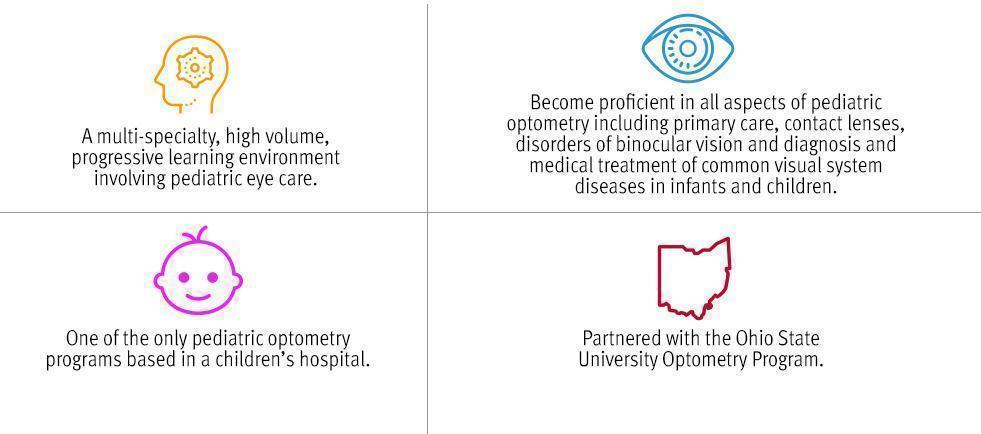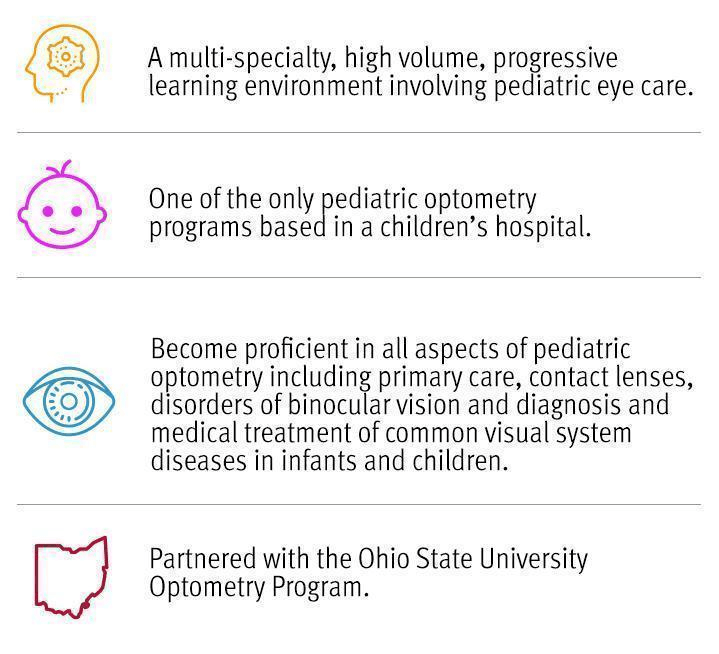Pediatric Optometry Fellowship Program
This fellowship works with these departments and clinics:
Our 1-year pediatric optometry fellowship provides a multi-specialty, high volume, progressive learning environment involving pediatric eye care. Fellows will become proficient in all aspects of pediatric optometry including primary care, contact lenses, disorders of binocular vision and diagnosis and medical treatment of common visual system diseases in infants and children.
Program Highlights
- Rare Hospital-Based Training: As one of only 10 hospital-based pediatric optometry fellowship programs nationwide, we provide exposure to a significantly broader spectrum of patients and complex ocular diseases than traditional private practice or school-based programs, offering unparalleled clinical diversity and complexity.
- Collaborative Interdisciplinary Training: Our fellows receive comprehensive education from both pediatric optometrists and pediatric ophthalmologists in a uniquely collaborative environment. This integration provides opportunities to observe retinopathy of prematurity (ROP) examinations and surgical procedures, fostering exceptional cooperation and learning between optometry and ophthalmology disciplines.
- Progressive Independence Model: Our structured program provides graduated autonomy throughout the fellowship year, culminating in fellows managing their own independent clinic sessions multiple times monthly. We are among the few pediatric medical training programs offering a dedicated Independent Trainee Clinic, ensuring fellows develop confident, autonomous practice skills.
- Children's Hospital Advantage: Training within a comprehensive children's hospital environment exposes fellows to the full continuum of pediatric care, complex medical conditions, and multidisciplinary team approaches that enhance clinical expertise and professional development.

What They‘re Saying…
“Akron Children's stands out to me because it's such a well-balanced, high-volume pediatric program. I've gained so much exposure to so many multi-system conditions in the hospital setting, but also to specialty lenses and myopia control. I also really appreciate how it's a graduated program, where you start off checking out with the attendings but are encouraged to be more independent as you grow, especially in the second half of residency where you have the opportunity to have an independent resident clinic. All of the attendings are great at teaching and help push you to think critically.”
— Emily Deng, OD
“I really enjoyed my time at Akron Children’s Hospital and if I had to choose again, I would still choose it! All my attendings, both optometrists and ophthalmologists challenged me to think critically and encouraged an academic and evidence-based mindset. Not only did I increase my clinical knowledge from the variety of patients seen there but one of the most valuable things I learned there were little clinical tips and tricks from each provider on how to better work with the pediatric population. From my time there, I grew to become more confident to provide care for pediatric patients.”
— Angela Lin, OD
“I chose to complete my Pediatric Optometry residency at Akron Children's due to the varied clinical skills and knowledge I would gain working with this unique population. Akron Children's is a welcoming, interprofessional facility focused on providing outstanding comprehensive patient-based care. I found collaborating with other departments on patient care and working alongside my ophthalmology and optometry colleagues a rewarding, yet challenging, experience that has left me very well prepared to assess, diagnose, and manage almost any condition in pediatric eye care.”
— Sarah Guillette, OD, FAAO
Due to the nature of the setting of this fellowship, training includes working with pediatric optometrists, pediatric ophthalmologists, vision center students, residents, fellows and vision science staff. The Akron Children’s Fellowship program will accept one fellow per academic year in collaboration with The Ohio State University College of Optometry.
Akron Children’s is a pediatric tertiary health care provider servicing a large portion of Northeast Ohio including the Akron and surrounding area as well as Mahoning Valley to the east. The hospital serves many children not only with eye and visual system diseases, but also numerous multi-system anomalies that require ocular attention as part of the comprehensive care provided to these patients. Fellows will have the opportunity to interact with professionals and patients from urban, suburban, and rural settings in a high-volume, fast-paced setting during their time at the hospital.
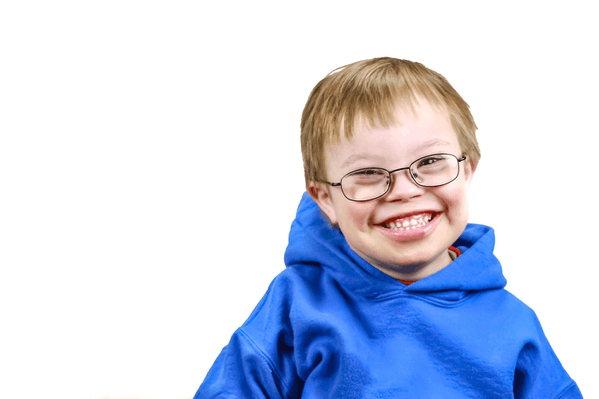
Clinical Care
The fellow will refine, enhance and have new skills introduced to them related to the provision of eye and vision care in the pediatric population. Daily clinical experience will help to strengthen the fellow's expertise in the diagnosis and management of vision problems in pediatric patients as well as expand the fellow's knowledge of binocular and neuro-developmental vision problems. As an active contact lens practice the fellow will have the opportunity to participate in contact lens fittings and follow-up care for a variety of different contact lens care needs.
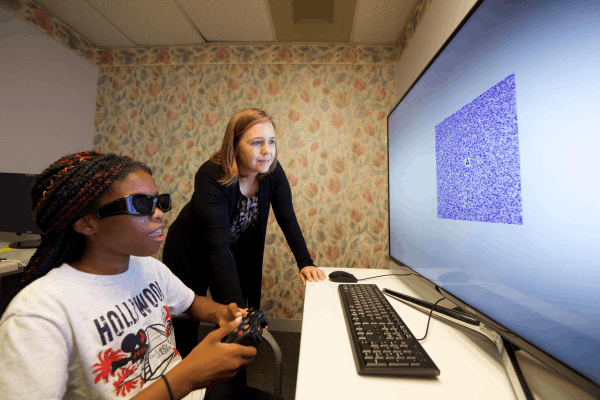
Education
Educational activities occur regularly and include resident-run continuing education lectures for ophthalmic technicians, grand rounds and journal clubs. The fellow will prepare a case report of publishable quality during their time at Akron Children’s. In addition, the fellow will prepare and present one poster at the annual EastWest Eye Conference.
We offer:
- A multi-specialty, high-volume, progressive learning environment involving pediatric eye care
- One of the only pediatric optometry programs based in a children's hospital
- Training toward proficiency in all aspects of pediatric optometry, including:
- Primary care
- Contact lenses
- Disorders of binocular vision
- Diagnosis and treatment of common visual system diseases in infants and children
Our program is partnered with the Ohio State University College of Optometry.
This program is Accredited by the Accreditation Council on Optometric Education of the American Optometric Association, www.theacoe.org. To reach the ACOE directly, you may send an email to accredit@theacoe.org.
For more information regarding the program, including application requirements and procedures, please visit The Ohio State University College of Optometry Program Descriptions.
Sarah Guillette, OD, FAAO
Pediatric Ophthalmology Fellowship Coordinator
Akron Children's
One Perkins Square
Akron, OH 44308
330-543-5290
sguillette@akronchildrens.org
Casandra Solis, OD, FAAO
Pediatric Ophthalmology Fellowship Co-Coordinator
Akron Children's
One Perkins Square
Akron, OH 44308
330-543-5290
csolis@akronchildrens.org
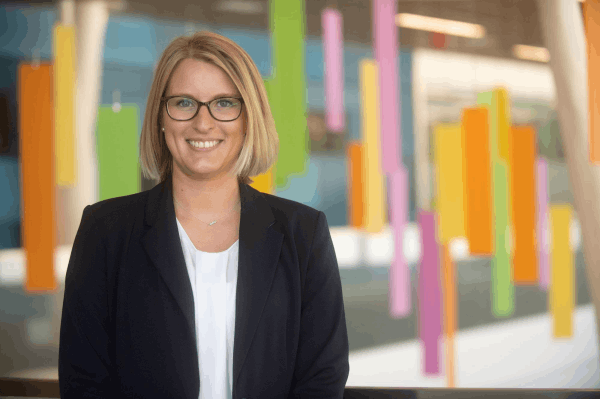
Fellowship Stipends 2024-25
PL-1 - $67,245
Vacation
House officers are granted 3 weeks of vacation or 15 customary working days.
Conference Time
Fellows are entitled to 5 days of conference time each year for medical conventions and courses outside the hospital.
Educational Allowance
Fellows are provided $1,200 annually for use toward medical-related journals or books, conferences, and license renewals.
Research Travel
The Department of Pediatrics encourages and supports investigator-initiated research by subspecialty residents. Therefore, the Department supports research-related travel when the resident is in good academic and professional standing, and when prior written approval of the program director is documented. All hospital policies relating to travel must be followed.
Although the policy relates to presentation at a national forum, requests for support for presentation at a regional forum are considered on a case-by-case basis. The funds can be requested once a year, for one conference.
Professional Liability
Professional liability insurance is provided by the hospital.
Health Benefits
Fellows and their dependents are eligible to enroll in the hospital’s health, dental, and vision insurance programs. Costs are shared between the fellow and the hospital.
Short- and long-term disability benefits are provided. In addition, the hospital provides Group Term Life Insurance and dependent life insurance is available.
Parking
A key access card for convenient parking is provided at no charge.
Lab Coats
One embroidered lab coat is provided if desired.
Relocation expenses
The hospital provides reimbursement for initial relocation expenses, up to $1,000, subject to current tax laws.
Our vision center has an active clinical and basic science service. The fellow will be encouraged to assist or to participate in any on-going laboratory and/or clinical investigation(s) initiated by Akron Children’s faculty members. The fellow will also be encouraged to generate their own studies/seminal work, but it will not be required for successful completion of their residency program.
Program Goals
- To train fellows to provide high quality pediatric eye care including primary eye care, strabismus and binocular vision disorders, diagnosis, management and referral of ocular pathology, and specialized contact lens fitting and dispensing in the pediatric population.
- To provide an opportunity for the fellow to gain experience working alongside pediatric ophthalmologists as well as other medical professionals and paraprofessionals in a busy, high-volume tertiary care institution.
- To instill upon the fellow the importance of evidence-based medical care and scholarly activity.
- To prepare those fellows interested in an academic career for competitive positions by enhancing special education skills such as preparing publishable quality papers, presenting clinical topics to other professions, teaching and program development in pediatric optometry.
- To prepare those fellows interested in community optometry for competitive positions either in general practice with emphasis on pediatric eye care or a focused pediatric practice.
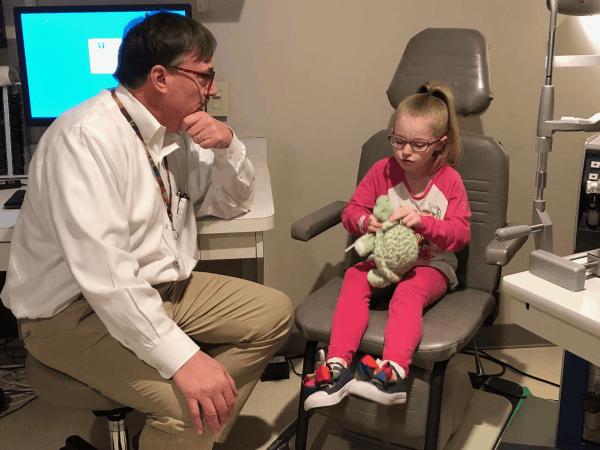
By using this site, you consent to our use of cookies. To learn more, read our privacy policy.







